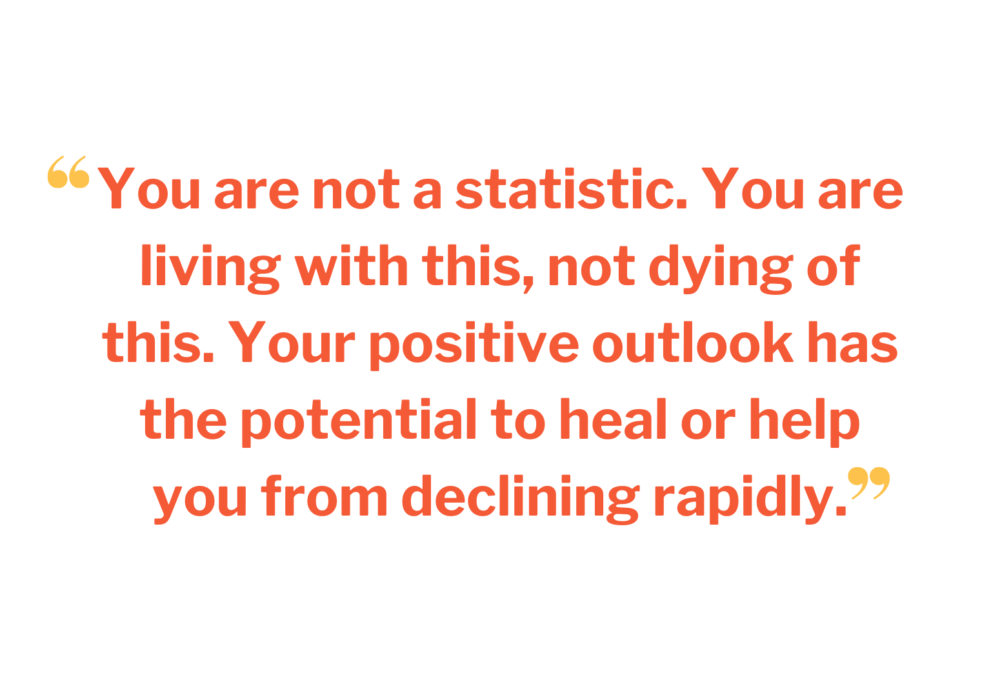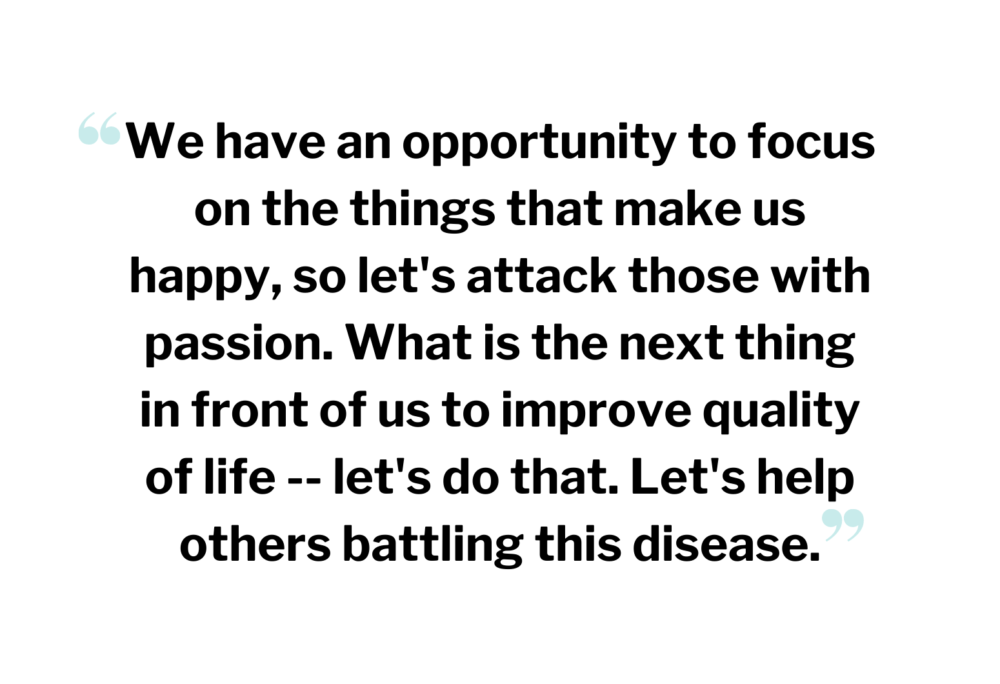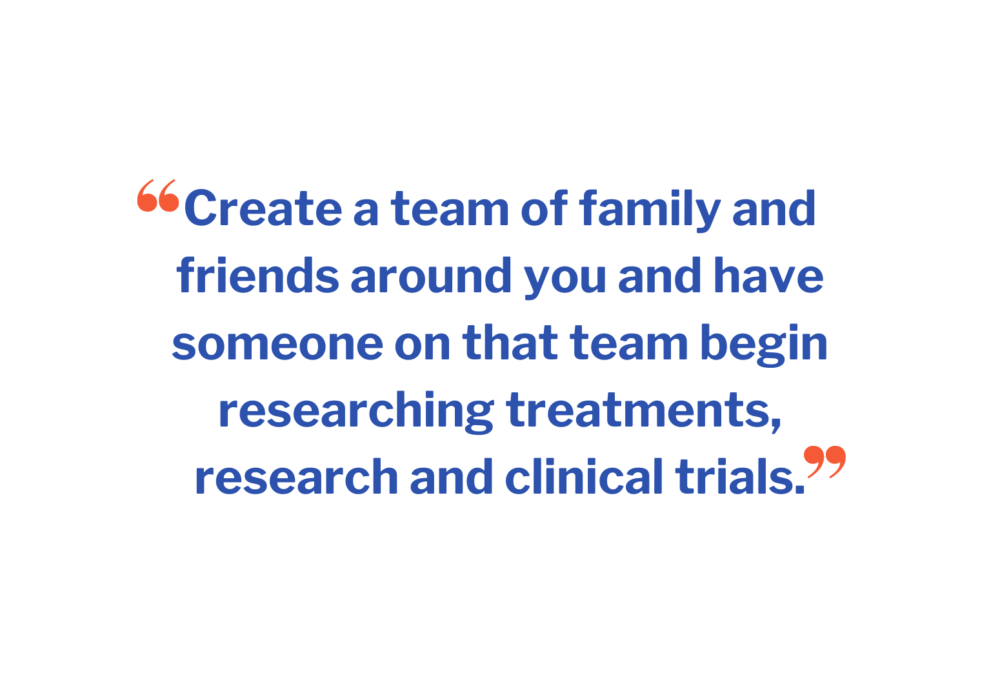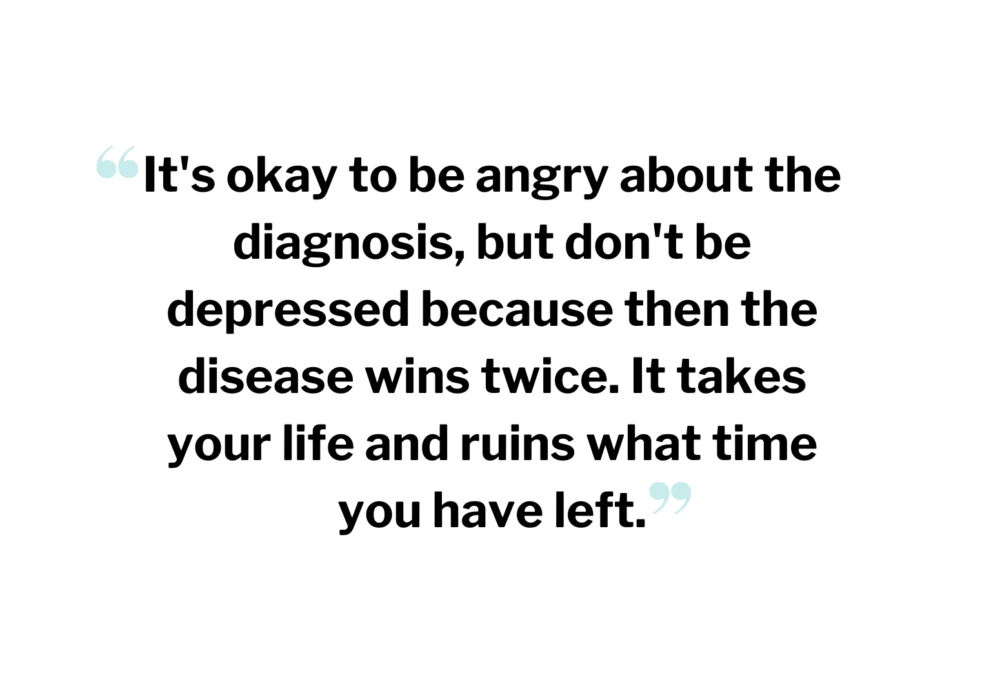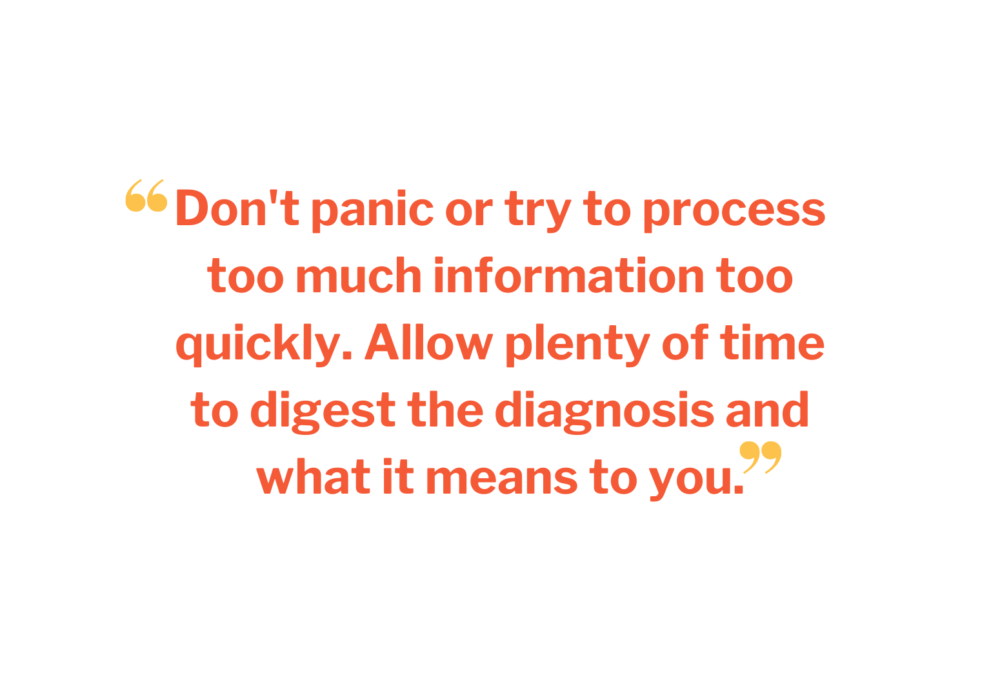While offering help or support to a person living with ALS comes from intentions of kindness, remember that this disease has many complexities. Check out these general reminders and tips about how to communicate with and about someone living with ALS.
🔴 Refer to someone living with ALS as a “person living with ALS,” not a “patient.”
A person living with ALS is more than their diagnosis.
🔴 ALS is a nuanced disease!
Caring for and offering support to a person living with ALS can be very complex. Before assuming the best way to care for a person with ALS in any situation, do your own research on the topic, and talk to the person and their caregiver to confirm that your help would be beneficial.
🔴 Beware of toxic positivity!
There are currently no cures for ALS. Overriding how someone is feeling with overly positive messages, or asking questions such as “Are you feeling better?” can prevent them from sharing with you honestly or reaching out to you for help when they need it.
🔴 Inclusion matters!
Even when physical abilities weaken, a person living with ALS is still fully aware of what is happening around them. Make sure to actively involve them in conversations and decision-making about their care, end of life planning, and personal affairs.
What to Say (and Not to Say) to your Loved One with ALS
Often, the first time someone hears about ALS is when a loved one is diagnosed with the disease. It can be shocking to hear this news, and even more devastating to learn that ALS is 100% fatal. It’s natural to have questions. If you’re finding it difficult to know what to say or how best to support a loved one, check out these tips.
🚫 Don’t say…
“How are you doing?”
✅ Instead, try saying…
“I care about you and am here to listen if you ever want to chat. Can I ask you how you are doing?”
❓ Why you might reframe your question:
This question can sometimes put a person in the difficult position of providing you with an answer that will give you comfort instead of finding comfort themselves. It may also make them feel forced to talk about their current state even if they aren’t comfortable with it.
🚫 Don’t say…
“What can I do to help?”
✅ Instead, try saying…
“I am here for you and am willing to help if and when you are ready. I can help with groceries, yard work, house upkeep…”
❓ Why you might reframe your question:
This question shifts the responsibility back onto the person impacted by ALS to figure out what actions could be beneficial to them. They may not know where to begin or what help they need in that moment.
🚫 Don’t say…
“Are they doing better?”
✅ Instead, try saying…
This is a great opportunity for you to do your own research to learn about ALS, instead of leaving it up to them to teach you.
❓ Why you might reframe your question:
ALS is fatal. This question can be a painful reminder that their loved one will not get better. Before holding a conversation, do some basic research to learn about ALS so that you can be informed before you approach certain topics.
🚫 Don’t say…
“More than 5 years? You’re so lucky.”
✅ Instead, try saying…
“I’m curious about any resources that have supported you in living well. Do you mind sharing?”
❓ Why you might reframe your question:
This comment can diminish the struggles of living with ALS that a person has experienced. Some people living with ALS may live longer than others, but that does not mean that they feel lucky.
Other Helpful Tips for Reframing Discussions
🔴 When you talk about experiencing ALS with your loved one, put them at the forefront of the discussion. In other words, put the person and the positives before the disease and the negatives.
Ex: A person living with ALS, not dying of ALS; A person living with ALS versus a patient living with ALS
🔴 Understand that although activities may change, finding opportunities to socialize with your loved one are important. Adjust your expectations of activities, because their capabilities can often change rapidly.
Ex: Choose locations that are easily accessible for them.
🔴 When you ask a question, be ready for their genuine answer. If you find yourself without the right words to say, you can end the conversation with a line of support.
Ex: I don’t know what to say, but know that I am here for you and will be in the future.



